Nader Atlasy has recently finished a PhD in Henk Stunnenberg’s lab at Radboud MC.. He has joined the Coffer Lab to work on a collaborative project together with Onno Kranenburg and Genmab bv focusing on understanding the biology and function of regulatory T (Treg) cells in colorectal cancer (CRC).
The immune compartment of the tumor microenvironment has recently attracted extensive interest due to its importance both in the understanding of basic tumor biology and implications for clinical applications. Importantly, the Immune Score (IS) that assesses immune infiltrate, has been shown to provide high prognostic value for certain cancer types. For example, when compared to other clinical criteria, the IS of both primary tumors and metastases was shown to be a better predictor of disease recurrence and survival in colorectal cancer patients following surgery. From a functional perspective, one of the key features of the tumor-immune contexture is its immunosuppressive environment, which underlies the basis for tumor escape from host immune destruction. While both tumor-intrinsic and -extrinsic mechanisms have been explored, it is now generally accepted that FOXP3+ T regulatory (Treg) cells, a small subpopulation of CD4+ T cells endowed with potent suppressive capacity, can play a pivotal role in inducing tumor-specific immune tolerance. Colorectal cancer (CRC) is diagnosed over 1.5 million worldwide each year and is the third most common cause of cancer-related mortality (700,000 CRC-related deaths per year). Mortality is almost invariably due to the development of distant metastases and the factors that determine whether or not a tumor will metastasize are poorly understood and an area of intense investigation. Sonia will be exploring the identity of CRC tumor-associated immune cells and the functional consequences of interactions between Treg cells and CRC tumors using a variety of state-of-the-art in vitro and in vivo tumor-organoid models.

